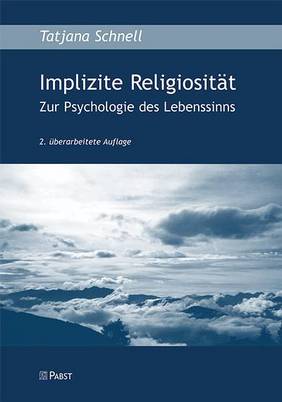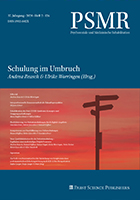Those looking for honest companies to invest in might want to check out businesses based in more religious communities, suggests a new paper from the University of Toronto's Rotman School of Management.
The study found that businesses with head offices in places with high levels of "religiosity" were less likely to experience stock price crashes as a result of not disclosing bad financial news. And it didn't matter whether those at the top were religious or not. Just being in a town where social norms are influenced by religious codes of behaviour was enough to rub off on the companies operating there.
"There is nothing quicker to losing your good name in a religious milieu than doing something like withholding bad news and not being upfront. There's a real cost," said Jeffrey Callen, a Rotman professor of accounting who co-wrote the paper with former graduate student Xiaohua Fang, now an assistant business professor at Georgia State University.
The researchers used data from 1971 to 2000 about the number of churches and church membership in U.S. counties from the American Religion Data Archive. They compared this with information about stock returns and accounting restatements for U.S. companies, including where those companies were headquartered.
Previous research has shown that religious managers are less likely to manipulate the flow of information and a religious setting tends to foster more whistleblowers within a corporation, raising the risk of manipulators getting caught.
The researchers' own finding of a strong correlation between religiosity and a low risk of stock price crash due to bad news "hoarding," was particularly strong among companies with weak governance.
"Where you have strong corporate governance, religion doesn't need to kick in," said Prof. Callen. "But where there is poor corporate governance, religion substitutes for it."
Although Prof. Callen is an orthodox Jew, he was "agnostic" about the topic prior to his co-author suggesting it, and was surprised that the findings were so strong.
However, the paper should not be taken to suggest that religious people are more moral than others, he said.
"Social norms of all types are going to be useful to minimize all sorts of bad behaviour by firms," he said.
The paper is forthcoming in the Journal of Financial and Quantitative Analysis.
For the latest thinking on business, management and economics from the Rotman School of Management, visit www.rotman.utoronto.ca/NewThinking.
The Rotman School of Management at the University of Toronto is redesigning business education for the 21st century with a curriculum based on Integrative Thinking. Located in the worlds most diverse city, the Rotman School fosters a new way to think that enables the design of creative business solutions. The School is currently raising $200 million to ensure Canada has the world-class business school it deserves. For more information, visit www.rotman.utoronto.ca.
LIteratur zum Thema:
Implizite Religiosität – Zur Psychologie des Lebenssinns
Schnell, Tatjana























